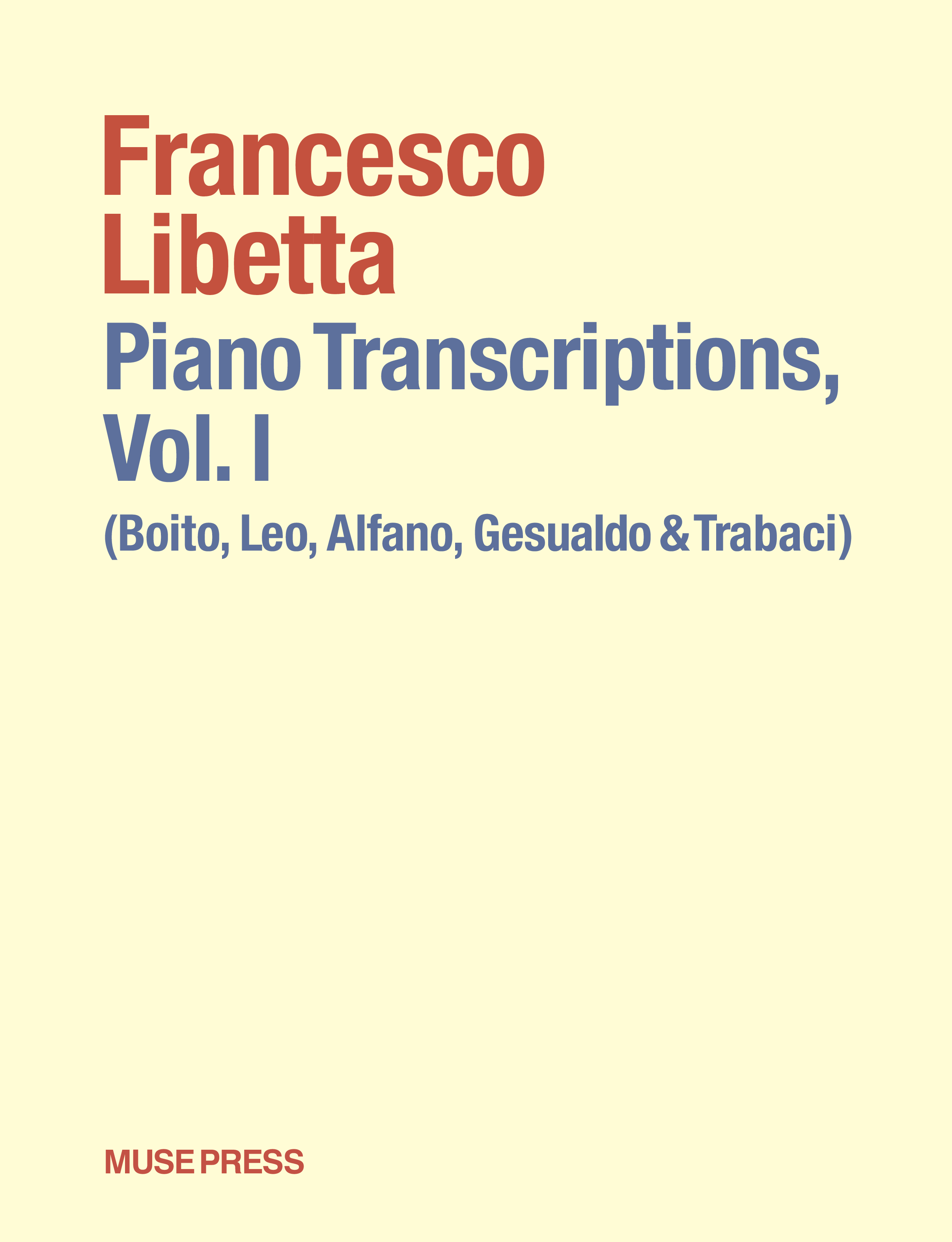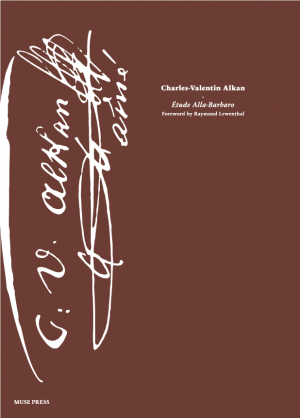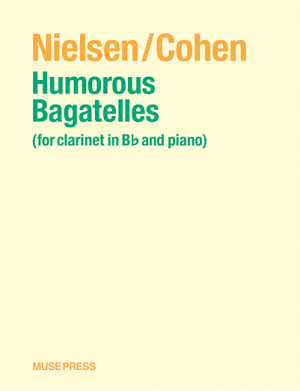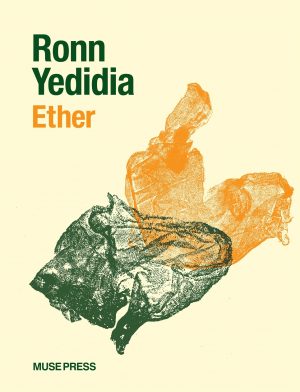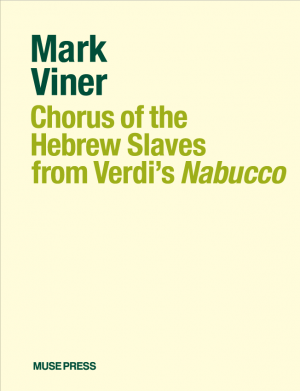Description
The collection of transcriptions by the internationally acclaimed composer-pianist Francesco Libetta has been published. Volume 1 contains transcripitons for solo piano of works by Italian composers such as Boito, Leo, Alfano, Trabacci, and Gesualdo. The transcriptions range in style from brilliant arrangements commissioned by pianists and written for concert use to transcription that follow the style of the clavichord with only a few embellishments.
Contents
❖ Diavolerie scelte – Themes composed by Arrigo Boito
❖ Canzone a dispetto (da amor vuol sofferenza) – Composed by Leonardo Leo
❖ Se taci (Lirica di Tagore) Composed by Franco Alfano
❖ Madrigale XVII (del Principe di Venosa) – Composed by Carlo Gesualdo
❖ Madrigale XXII (del Principe di Venosa) – Composed by Carlo Gesualdo
❖ Madrigale XIII (del Principe di Venosa) – Composed by Carlo Gesualdo
❖ Gagliarda (del Principe di Venosa) – Composed by Carlo Gesualdo
❖ Second Toccata – Composed by Giovanni Maria Trabaci
Francesco Libetta
Libetta studied composition with G. Marinuzzi in Rome and J. Castérède in Paris. He has written music for theater and film, acousmatic, chamber, orchestral. His catalogue of works includes piano sonatas, symphonic works, ballets (Venus de Miami), electronic music, chamber music (a timpani Concerto, a Cello Sonata, a Violin Sonata, trios, etc.), music for films and stage plays. His opera L’Assedio di Otranto, performed in Otranto, Rome and Lecce, has been released on CD. Initiated to conducting by A. M. Giuri and G. Zampieri, he has conducted symphonic, operatic (Don Giovanni) and ballet repertoire (The Nutcracker, Sleeping Beauty, Carmen). M. Messinis described Libetta as «Bravissimo» (on Classic Voice); «his gestures are rarefied to transparency» (G. Barbieri on Repubblica); «everything was impeccably kept under control by the conductor and pianist Francesco Libetta», «with terrivic virtuosity» (M. Vallora on La Stampa).
He has published essays on musical history and aesthetics; reconstructions of Madrigals; and writings on operatic life in southern Italy in the 18th and 19th centuries. In a review on the magazine MUSICA about Libetta’s book Musicista in pochi decenni, M. Chiodetti wrote: «a man of encyclopedic culture, which he distributes without any effort, but rather with the greatest pleasure for himself and for those who read. A perfect southern gentleman, with an excellent reading behind him and an inexhaustible curiosity.»
